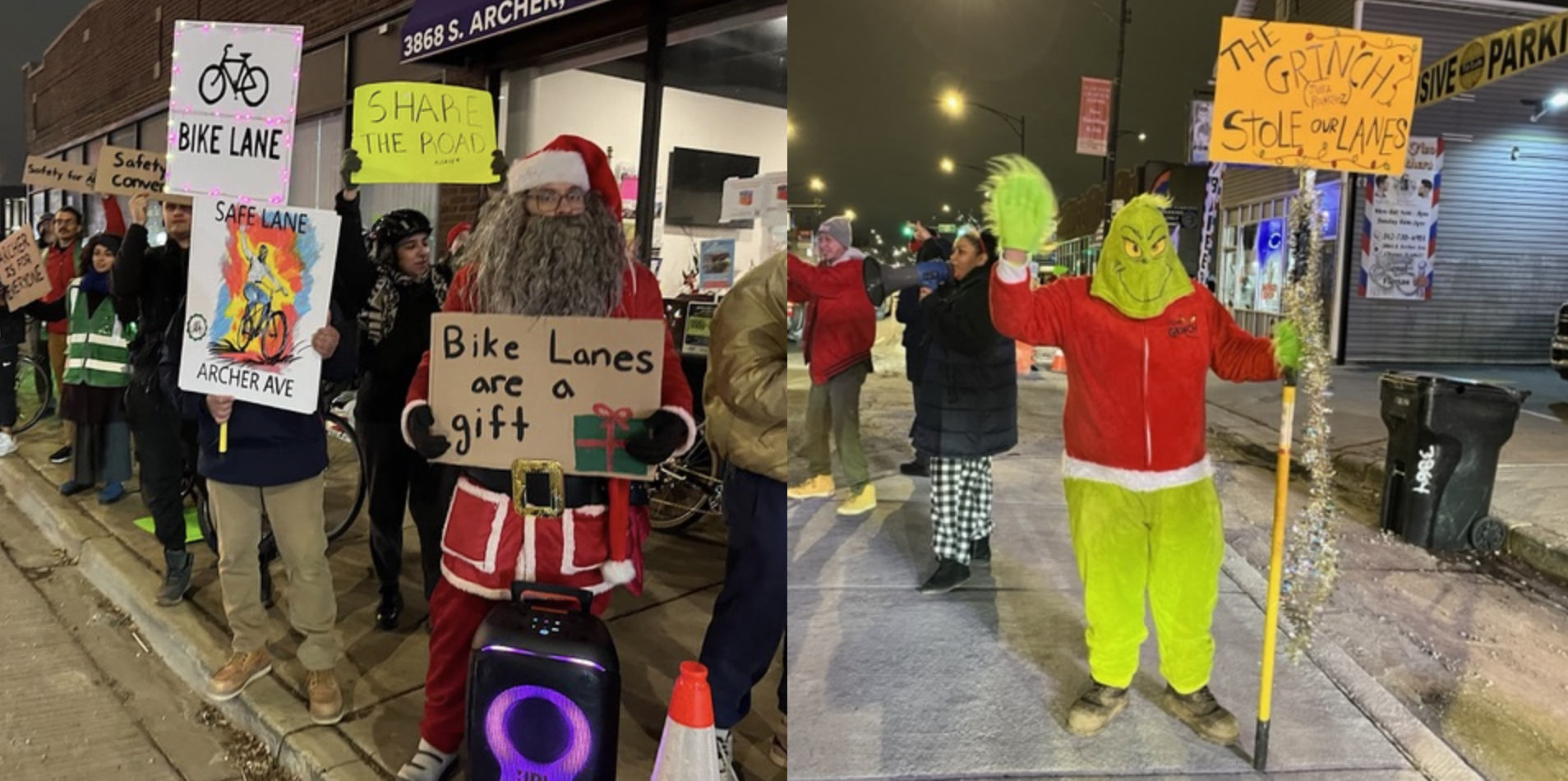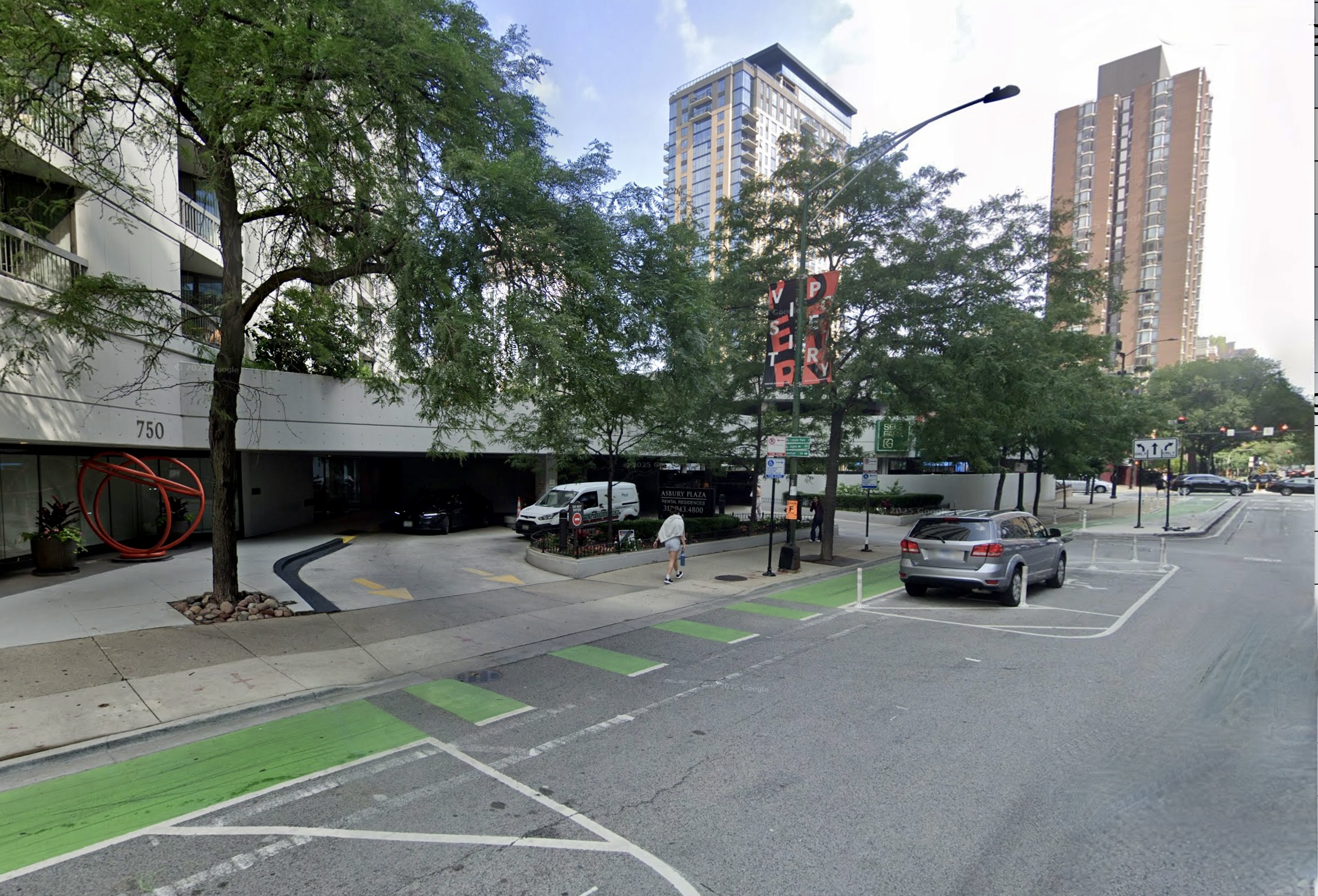Alon Levy at Pedestrian Observations ran a thought-provoking post today about the level of democratic involvement that goes into major American transportation projects.
The problem in the United States, he writes, is that most big transportation spending decisions are made by a handful of powerful interests who believe that keeping the public in the dark is to their advantage. That's helped produce a lot of bad projects and made good projects worse, Levy says:
When there is democracy – by which I mean not just periodic elections offering two parties to choose from, but a referendum process, transparency, and community consultations – people have an incentive to be informed. It’s possible to sway many people in one’s community and have a positive effect on local state services. Local politicians who are informed on the subject will be able to lead spending and planning efforts and can count on the support of informed voters. In contrast, when there is democratic deficit, being informed is far less useful, because decisions are made independently of what people think unless they are power brokers, or perhaps wealthy, power-brokering communities.
Transit advocates also need to be advocates for transparency and an informed public, writes Levy:
Throughout the transit activist community, including nearly every blogger and commenter but also the main activists on the ground, there’s a tendency to view any community opposition to a project as NIMBYism and to ask for changes that make it easier for the government to get its projects done, as in the Robert Moses era. Social democrats and neo-liberals are equally complicit in the march for not just centralization, which can be done with democratic checks, but also concentration of power in the hands of state officials.
Good infrastructure does not come from autocrats. Nothing comes from autocrats except more wealth and power for the autocrats, which may or may not involve infrastructure that is useful to the public. Undemocratic systems lead to a feedback loop in which the people have no incentive to be informed while the power brokers have no incentive to make sure anyone is informed, and this way it’s easy to spend $8 billion on a train station and approach tracks, without knowing or caring how many orders of magnitude this is more expensive than the average first-world rail tunnel. A good transit advocate has to advocate for more democracy, transparency, and simplicity in government operations, because decisions made behind closed doors are almost invariably made for the benefit of the elite that’s on the right side of those doors.
Elsewhere on the Network today: The State Smart Transportation Initiative looks at a study examining how travel time affects transportation choices. Bike Portland announces the impending arrival of a 10-foot, buffered bike lane. And Rebuilding Place in the Urban Space looks at the energy efficiency benefits of home delivery services.





